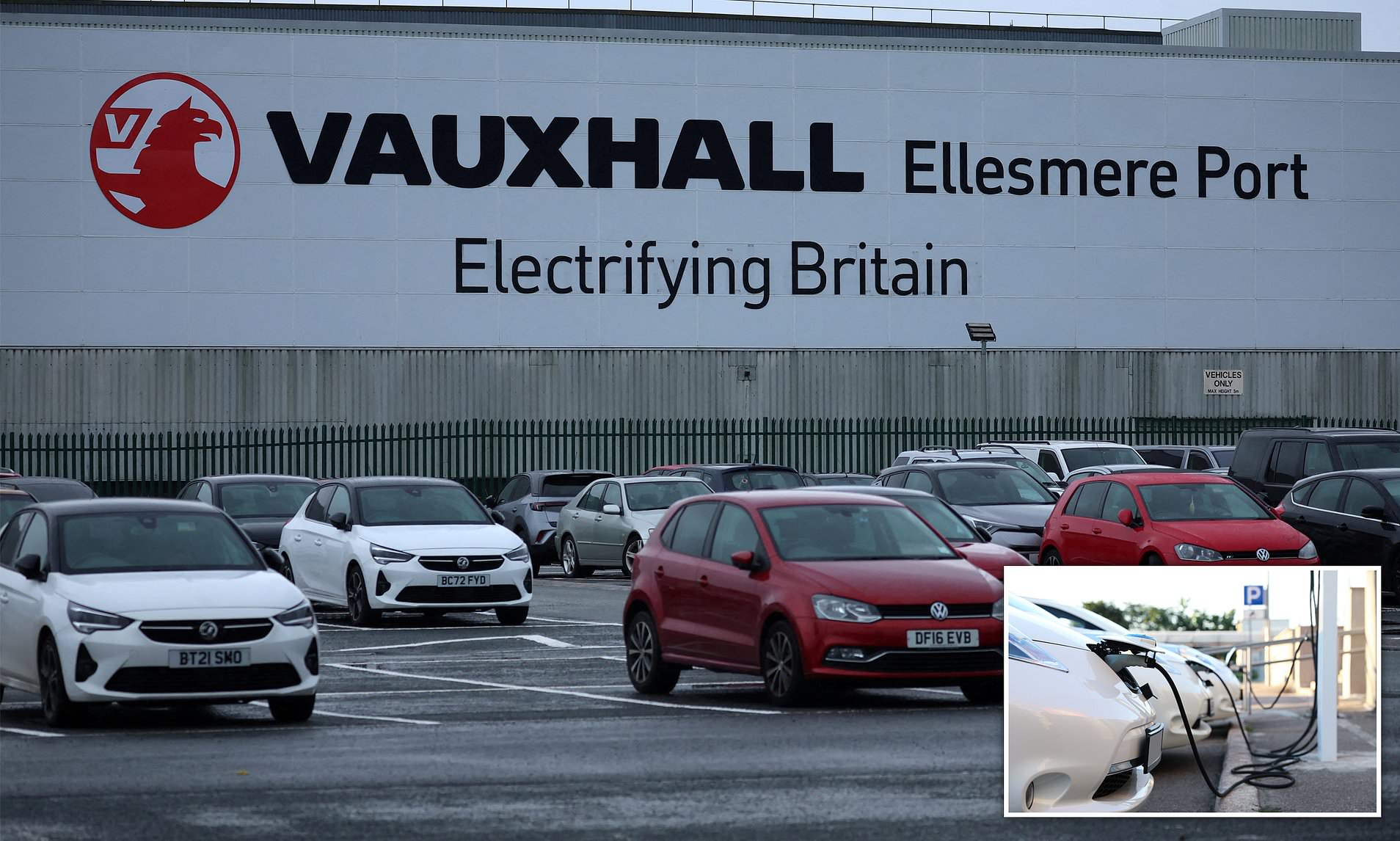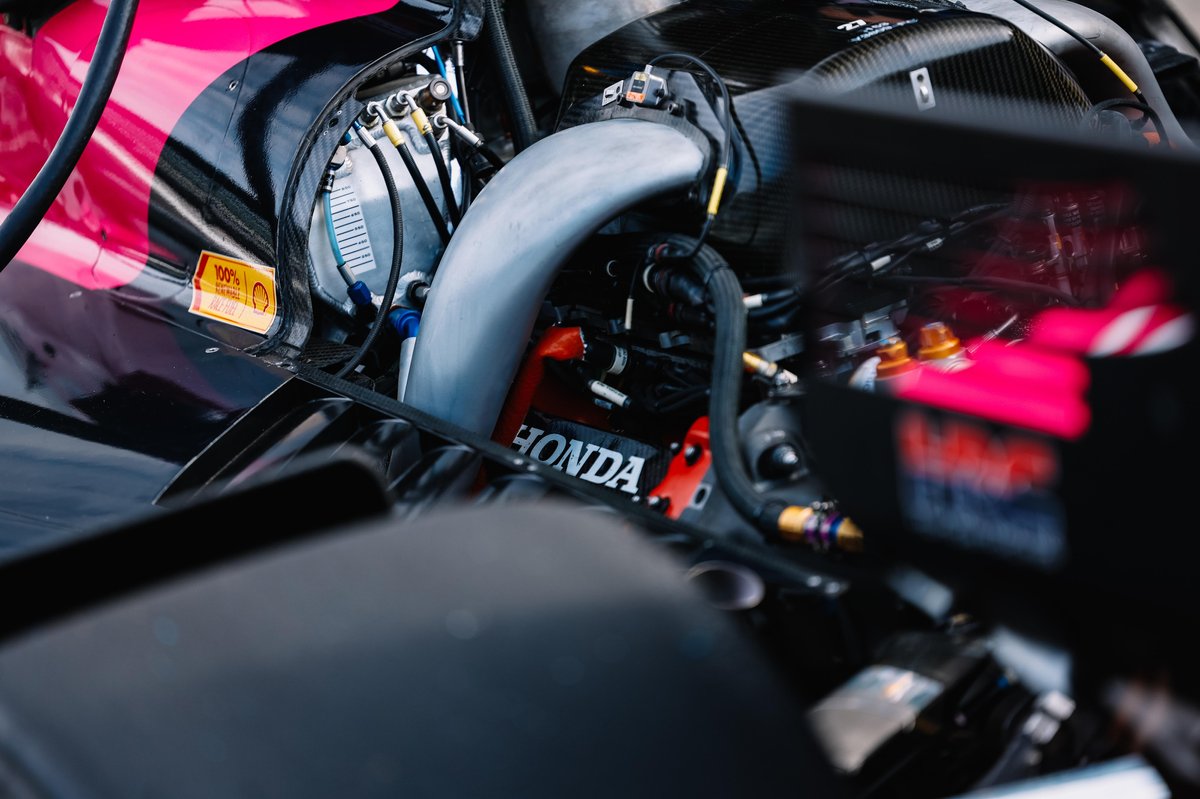
VAUXHALL-MAKER THREATENS UK FACTORY CLOSURES OVER ELECTRIC CAR SALES
- Stellantis UK said a decision on the future could come in 'less than a year'
- Company has factories in Ellesmere Port, Cheshire, and Luton, Bedfordshire
- Stellantis boss said the next government must encourage electric motoring
Vauxhall's owner has warned it may stop production in the UK unless the Government encourages more people to switch to electric cars.
Stellantis UK managing director Maria Grazia Davino revealed a decision on the future of its factories in Ellesmere Port, Cheshire, and Luton, Bedfordshire, could come in 'less than a year'.
Under the zero emission vehicle (Zev) mandate, at least 22 per cent of new cars and 10 per cent of new vans sold this year by every manufacturer in the UK are required to be zero emission, which in most cases means pure electric.
The threshold will rise annually.
Under the rules of the mandate, manufacturers risk being required to pay the Government £15,000 per polluting vehicle sold above the limits.
But ministers do not expect any businesses to face fines this year, as they will be able to use flexibilities such as purchasing credits from rival companies.
Speaking at an event hosted by the Society of Motor Manufacturers and Traders in central London, Ms Grazia Davino reportedly said: 'In the UK there will be consequences (from the policy) for sure.
'Stellantis UK does not stop, but Stellantis production in the UK could stop.'
She added that the next government must 'respond' to the need to increase demand for electric vehicles, adding: 'I want to keep the production (in the) UK.'
Stellantis started electric-only van production at its Ellesmere Port factory in September 2023, and intends to transition its Luton plant to build electric vans from the first half of next year.
Labour has pledged to reinstate the 2030 ban on the sale of new petrol and diesel cars if it wins the General Election.
This would reverse the decision of Conservative Prime Minister Rishi Sunak last September to delay the measure by five years to 2035.
